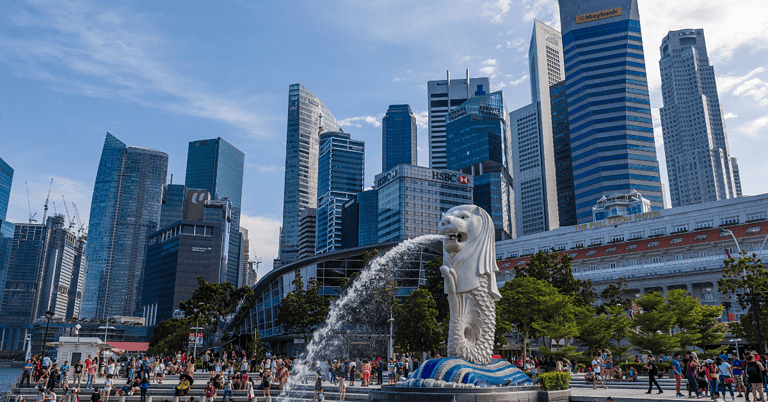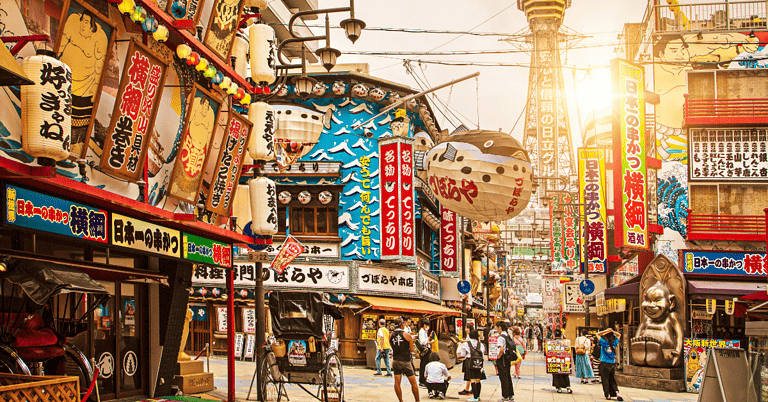Thailand Travel Tips – 20 Important Things You Need To Know

Embarking on your first Thailand adventure? Navigating the process can be overwhelming, but fear not – these Thailand travel tips are here to guide you through the planning maze. With its popularity as a sought-after Southeast Asian destination, Thailand caters extensively to tourists. However, before you set foot in the ‘Land of Smiles,’ it’s essential to grasp some crucial insights. Discover 20 Thailand travel tips to streamline your planning, ensuring a seamless and headache-free experience during your visit.
1. Travel Insurance
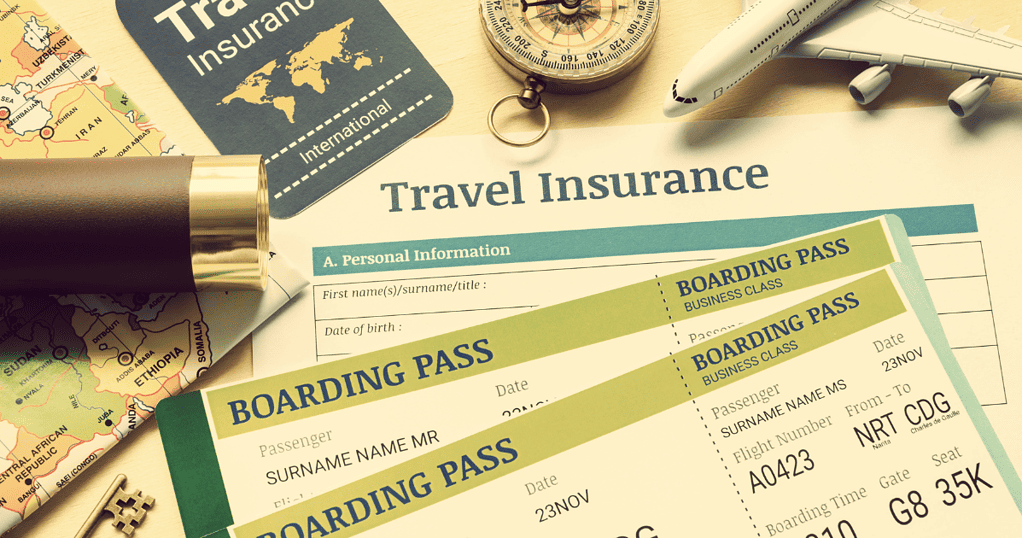
In spite of Thailand’s relatively safe reputation, mishaps can occur. It can be anything from pickpocketing, losing gear, being delayed on a flight, getting food poisoning, or getting injured trying all the awesome adventure activities. Being over-prepared is a good travel tip when visiting Thailand.
Travel insurance designed by travelers for travelers is offered by World Nomads. While traveling, you can buy or extend your travel insurance if you leave home without it or if your policy expires.
2. Know When to Visit Thailand
While Thailand has a tropical climate, it has mainly two seasons, a dry season and a wet season. November to April is the dry season, while May to October is the wet season. The hottest months of the year in Thailand are March and April, so prepare for hot and humid conditions. It is not uncommon for short downpours to occur frequently, and typhoons also come along from time to time.
Therefore, November to February is the best time to visit Thailand. There is minimal rain during these months, and the weather is pleasant. However, since it’s also the peak season, hotel prices will be higher and there will be more tourists. Traveling to Thailand during the wet season could be an option if you prefer fewer crowds or are traveling on a budget. Ensure you are flexible and aware of the possibility of getting rained out. It is generally okay to visit in July or August, but do not go in October, which is a very rainy month.
3. Check if You Need a Visa
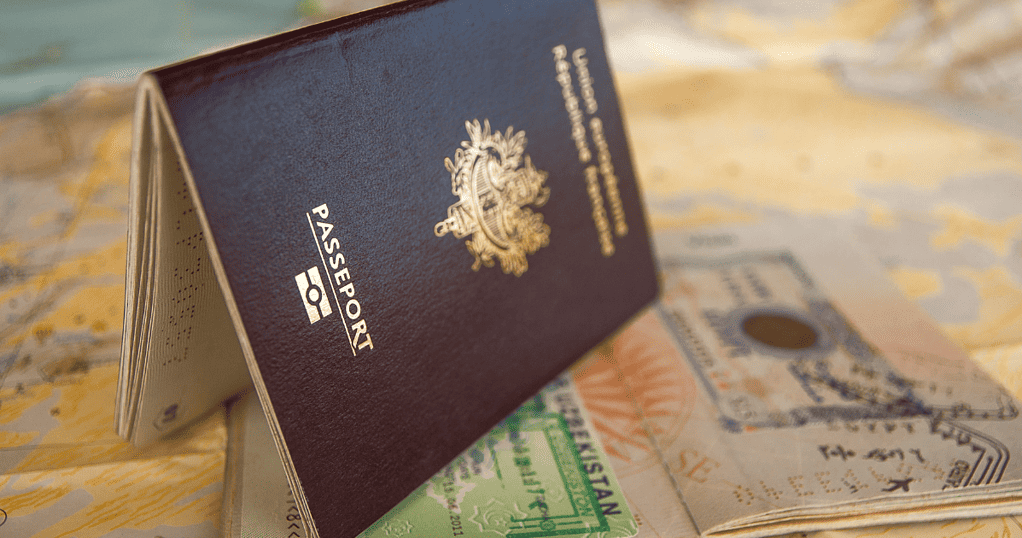
Thailand is visa-free for most nationalities. Since there are different visa requirements for different countries and different limitations on how long you can stay, it’s always best to check the visa requirements for your country before entering Thailand to ensure you know if and how long you can stay.
As an American, British, Australian, or South African, you can enter Thailand for up to 30 days without a visa. It is best to apply for a visa for Thailand in person at your local Thai embassy or use an online platform like iVisa to streamline the process.
4. Know How to Get Around Thailand
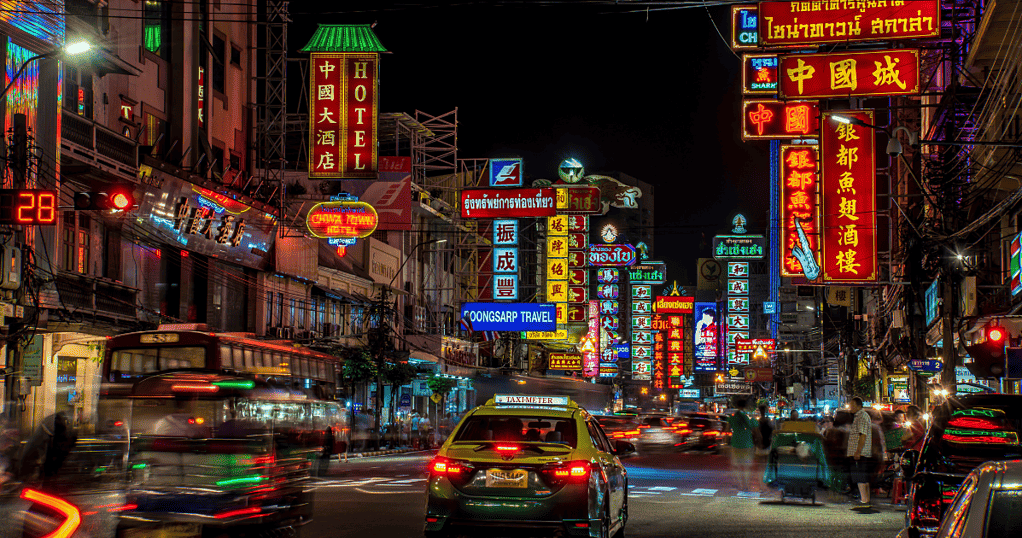
The country of Thailand is packed with breathtaking landmarks and beautiful places to visit. You still wouldn’t be able to see everything in Thailand even if you had 14 days.
Traveling around Thailand in a limited amount of time is also an important tip, since most of us don’t have the luxury of staying in one place for long periods of time. Traveling between places such as Bangkok, Phuket, Krabi, Chiang Mai, etc., is most convenient by air.
Sleeper buses and overnight trains can get you to some of these spots, but it will take a lot of time. Luckily, there are a lot of cheap, reliable, and frequent domestic flights in Thailand.
Thailand’s smaller islands like Koh Phi Phi (which you definitely should visit) can only be accessed by boat. For cheap ferry tickets and transfers, 12Go Asia is a great resource.
5. Use Grab Taxi in Cities
If you’re not interested in wasting time with public transportation in Thailand’s major hubs, Grab Taxi (the Asian version of Uber) is a great alternative.
In addition to saving a lot of time, they are generally much cheaper than taxis or tuk-tuks. There’s no hassle in booking rides on the app, and the best part is you’ll get a fair estimate before booking, so there’s no risk of getting ripped off. Your ride can also be tracked in the app and shared with friends.
When you must take a regular taxi or a tuk-tuk, it’s smart to check Grab’s app for an estimated fare first. Getting to your destination will be more affordable once you know how much it should cost. When negotiating a fare with a driver, make sure you agree on a fixed price in advance. You can also insist they use the meter if that isn’t an option.
6. Get a Local SIM Card
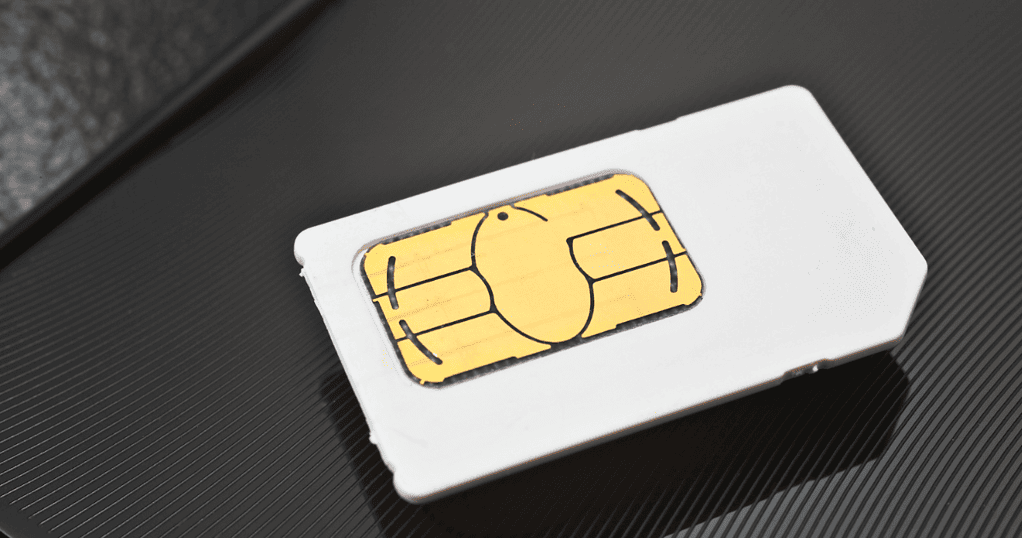
In Thailand, most hotels, public transportation, and even restaurants have Wi-Fi, but getting a local SIM card or eSIM is a great way to always have data access. By doing so, you’ll have access to your favorite travel apps, like Google Maps, Grab Taxi, Google Translate, and more.
Thailand offers super affordable data packages, and the connection is reliable wherever you are. If you prefer to arrange everything before your trip and collect it on arrival, you can purchase a 4G SIM card online.
You can also purchase a SIM card at the airport when you arrive. At the arrivals hall, look for the booths of AIS, Dtac, or Truemove. In the country, they are regarded as among the best prepaid SIM providers.
7. Know About all the Scams
In Thailand, scams are plentiful, especially in Bangkok, floating markets, and even on the more touristy islands.
Among the most common scams are the fake Baht scam, the closed tourist attraction scam, the tuk-tuk scam, and the jet ski scam. Unfortunately, there are many more scams in Thailand, so here’s another Thailand travel tip: educate yourself. By knowing what to look for, you’ll be able to avoid them.
It is disappointing to be taken advantage of while traveling, but don’t let a few bad apples ruin your trip. There is no doubt that Thailand deserves a place on your Asia bucket list. If you use common sense, book tours through reputable operators like Klook, Viator, or GetYourGuide, and know what to look for, you’ll be fine.
8. Haggle, Haggle, Haggle
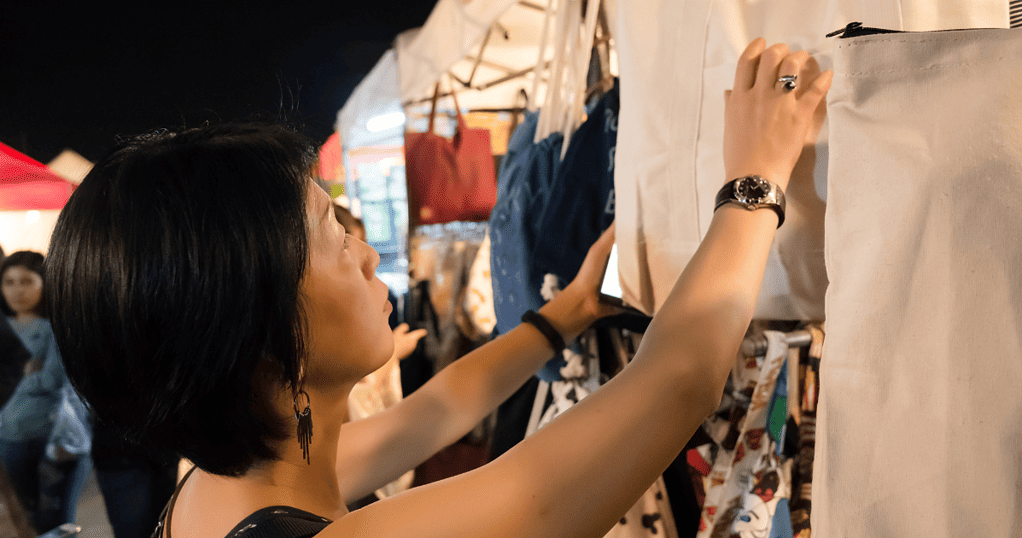
Shopping in Thailand is truly a pleasure. It doesn’t matter what you’re looking for – souvenirs, cheap clothes, luxury bags, jewelry, or art – Thailand has it all! Next, I recommend bargaining when you travel to Thailand. Thai markets and most souvenir stalls are perfect places to practice bargaining, since haggling is a common practice.
Shopping around first, comparing prices from various vendors and then returning to the store with the best deal is a good rule of thumb. When haggling, it is a good idea to reduce the asking price by 40% and then try to reach an agreement. Walk away if the vendor won’t budge. They will often call you back if you have room for negotiation. If not, cut your losses and move on – there are many stalls selling the same thing.
9. Cash is King
Some places accept debit and credit cards, but Thailand is a very cash-oriented country. In other words, you should always carry enough cash unless you’re going to a lavish hotel or fancy restaurant. You’ll also need money for shopping, public transportation, and tuk-tuk rides, in addition to grocery shopping and street food.
Luckily, Thailand is blessed with an abundance of ATMs. You can find them everywhere – in airports, on the street, in malls, and even in some 7-11s and Family Marts. Whenever possible, withdraw larger amounts from ATMs in Thailand to avoid hefty banking fees. As you shouldn’t walk around in Thailand with large sums of cash, your hotel room should also have a safe to keep your money locked up.
10. Don’t Drink the Tap Water
Another big mistake to avoid in Thailand is to drink the tap water. The last thing you’d want during your adventures is to find yourself sidelined by an unpleasant bout of illness due to contaminated tap water. To dodge this inconvenience, it’s wise to forego the notion of drinking tap water entirely. This caution isn’t merely about avoiding an upset stomach; it’s a strategic move to safeguard your travel enjoyment.
As a matter of fact, in Thailand, bottled water can be purchased at an affordable price from convenience stores and supermarkets. For the environmentally conscious traveler seeking a sustainable approach, there’s an additional layer to consider. To minimize your contribution to plastic waste, you might want to equip yourself with a water filter or a reusable water bottle. This proactive choice allows you to tap into water dispensers at your accommodation, ensuring your hydration needs are met without the ecological footprint of single-use plastic bottles.
11. Renting a Scooter in Thailand
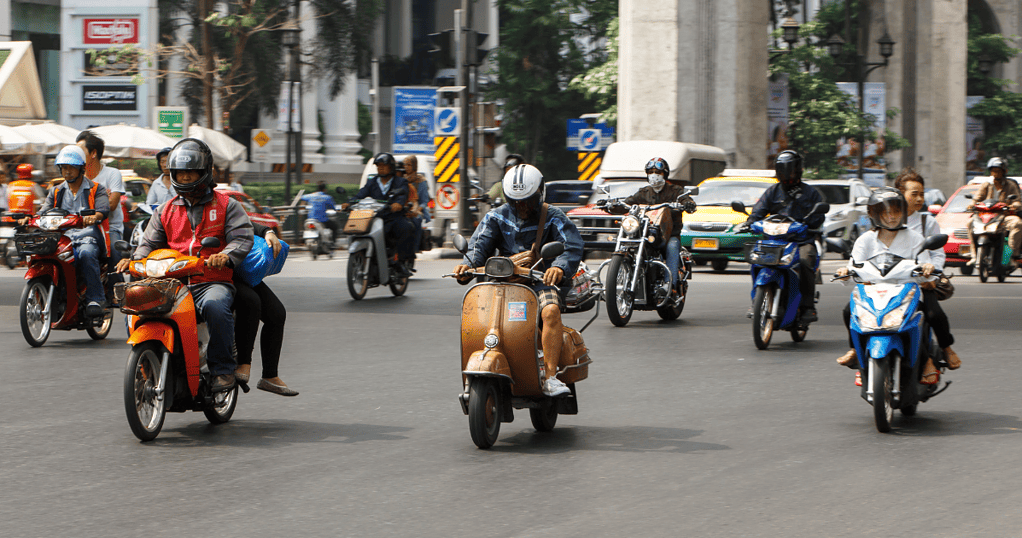
Thailand’s nooks and crannies can be explored at your own pace by renting a scooter, but know that renting one is not very safe.
Roads in Thailand are always crowded, and most people drive like absolute madmen. In addition, roadblocks are common, and getting pulled over without the right paperwork is the last thing you want. To legally rent and ride a scooter in Thailand, you will need an International Driver’s Permit (IDP). Before your trip, you’ll need to apply for the permit in your home county, which must be specifically for riding a motorcycle or scooter.
You should only rent a scooter if you are familiar with riding one in Asia and driving on the roads. The best thing to do in Bangkok is to avoid scooters altogether. Public transportation or hiring a private driver are safer and more convenient ways to get around. The benefit of hiring a private driver is that you can plan all your stops without having to worry about logistics.
12. Don’t Disrespect the Royal Family
As you embark on your Thai journey, a vital tip to internalize revolves around respecting the Thai King and royal family. This isn’t merely a cultural nuance – it’s a profound sentiment ingrained in Thai society. Disregarding it, intentionally or not, holds serious consequences. Not only is disrespect frowned upon due to the deep reverence the Thai people have for their monarchy, but it’s also against the law. Engaging in any critique or disrespect could lead to severe repercussions, even legal ones. To navigate this cultural landscape smoothly, it’s advisable to refrain from discussing the royal family altogether. By doing so, you’re demonstrating your respect for the local customs and ensuring a harmonious and meaningful interaction with Thai culture.
13. Avoid Animal Tourism

Thailand has a huge animal tourism industry, and you can find many places where you can see elephants and tigers up close.
Doing proper research first is one of the most important Thailand travel tips if you really want to visit an elephant sanctuary. Be sure to visit reputable, ethical sanctuaries where the animals roam freely and are not ridden or touched. Sadly, there are many animal sanctuaries in Thailand that are not ethical. It is common for the animals to live in terrible conditions and to be poorly treated.
14. Pack Light, Breathable Clothing
Thailand is a hot and humid country most of the year, as already mentioned. The best clothing to pack for Thailand is light, breathable clothing that won’t leave you sweaty and uncomfortable.
Avoid heavy materials like wool, denim, and polyester, and opt for lightweight fabrics such as linen, cotton, or rayon. When visiting higher altitude regions, the temperature tends to drop slightly. The weather is mild enough that you can get away with a light jacket, sweater, and long-sleeved shirt.
15. Respect Buddha & the Local Culture

There are strict dress codes in most temples in Thailand, which is another important travel tip to keep in mind. You can rent or buy sarongs at some temples, but you should always respect the local culture and dress appropriately. Whenever you visit sacred sites in Asia, make sure you cover your knees and shoulders and carry a sarong with you.
Some temples also require you to remove your shoes. You should remove your shoes if you see loads of sandals lying on the ground beside the entrance. There are usually signs at the entrance, but if you missed them, a good rule of thumb is to take off your shoes if you see sandals scattered near the door.
In addition, avoid pointing your feet at Buddha statues. According to Thai culture, the feet are the dirtiest part of the body. When you sit down, tuck your feet behind your body.
16. Learn a Few Thai Phrases

Thailand is a country where English is widely spoken, especially in touristy areas. Most language barriers won’t affect you if you stick to major cities and popular tourist destinations.
However, within this linguistic comfort zone lies a golden opportunity to elevate your travel experience. While English might be your trusty ally, embracing even a smattering of basic Thai phrases adds a layer of authenticity to your journey. Uttering “sawasdee” with a genuine smile or expressing your gratitude with a heartfelt “kob khun” carries more weight than mere words. It showcases your respect for the local customs and your willingness to engage with the essence of the culture.
17. You Don’t Need to Tip
Most restaurants in Thailand don’t require tips, just like elsewhere in Southeast Asia. Your bill may include a 10% service fee if you’re dining at a swanky rooftop bar or posh restaurant.
Some tour guides and hotel porters expect tips, although this is not always the case. Make sure you carry some extra small change. You can also expect taxi drivers to round off the amount owed if you run the meter.
18. Pack Sunscreen & Bug Spray
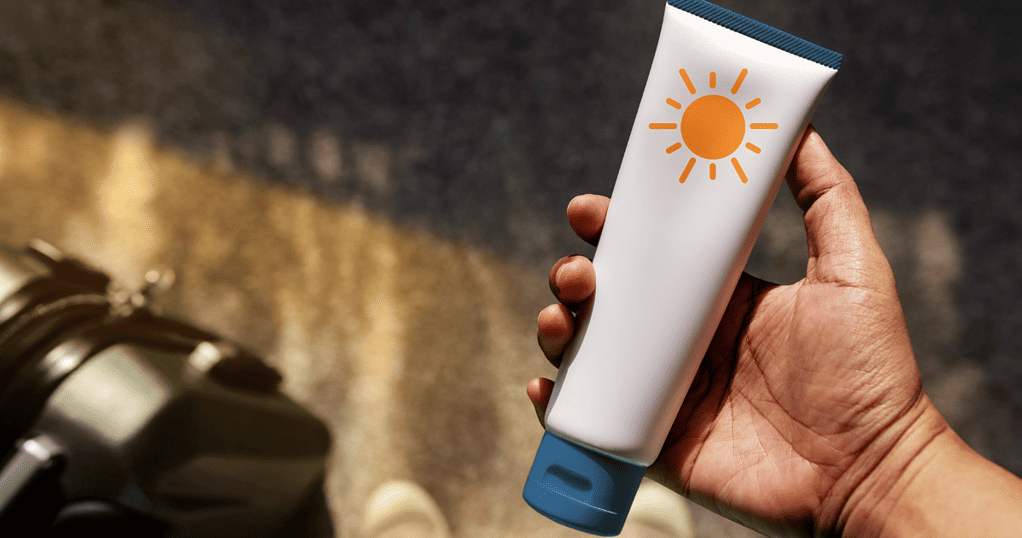
Sunscreen is another item you should definitely bring when visiting Thailand. It is possible to buy sunscreen almost anywhere in Thailand – Watsons, pharmacies, grocers, and most 7-11s – but you should be aware that most sunscreen brands in Asia contain whitening agents. In addition, it is a lot more expensive. Bring your favorite brand with you to avoid buying an overpriced product you hate.
A proper mosquito repellant should also be packed for your trip. There can be a lot of mosquitoes in Thailand, along with occasional outbreaks of dengue fever.
19. Check if You Need a Travel Adapter
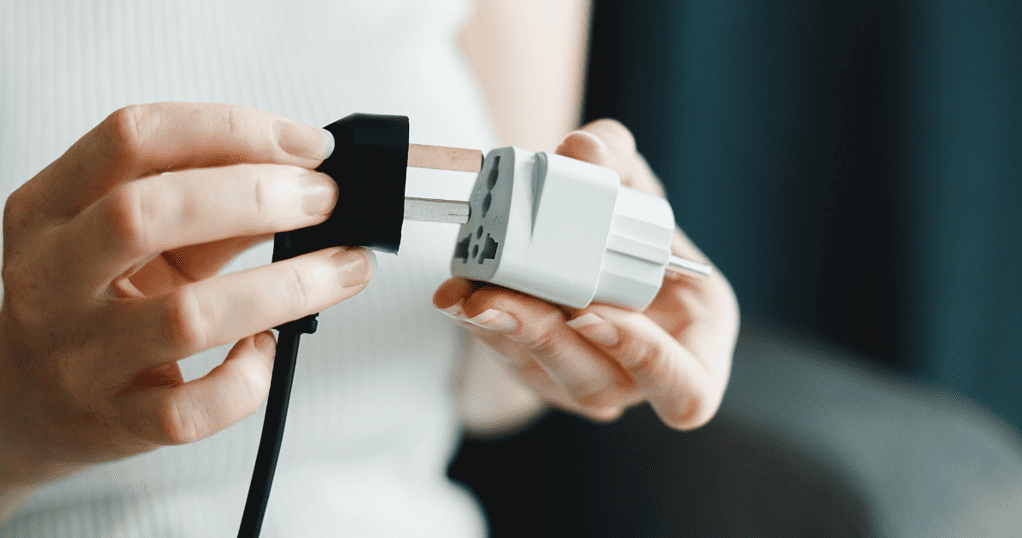
As you gear up for your Thailand adventure, keep in mind the country’s diverse plug types (A, B, C, F, and O) and standard 220V voltage at 50Hz frequency. To ensure your devices don’t miss a beat, consider getting a reliable travel adapter. This adapter not only fits different plug shapes but also handles voltage disparities, protecting your devices from potential damage. You should invest in a good travel adapter if your devices are based on a different voltage.
20. Always Have Tissues & Hand Sanitizer Handy

In the realm of Thailand travel tips, there’s a hidden gem that often goes unnoticed in guidebooks: carrying tissues and hand sanitizer. Public restrooms might lack essentials like toilet paper and hand soap. By packing tissues and hand sanitizer, you’re ensuring a smoother journey. This small gesture not only keeps you comfortable but also showcases your respect for local norms. So, as you embark on your Thai adventure, remember these pocket-sized companions that can enhance your travel in unexpected ways.
Final Thoughts
In summary, Thailand is one of the world’s most captivating destinations, whether you come for the food, the ancient temples, the dreamy beaches, the lush jungle, or the bustling cities! You just need to focus on having a good time now that you know what to do (and what not to do) in Thailand!


